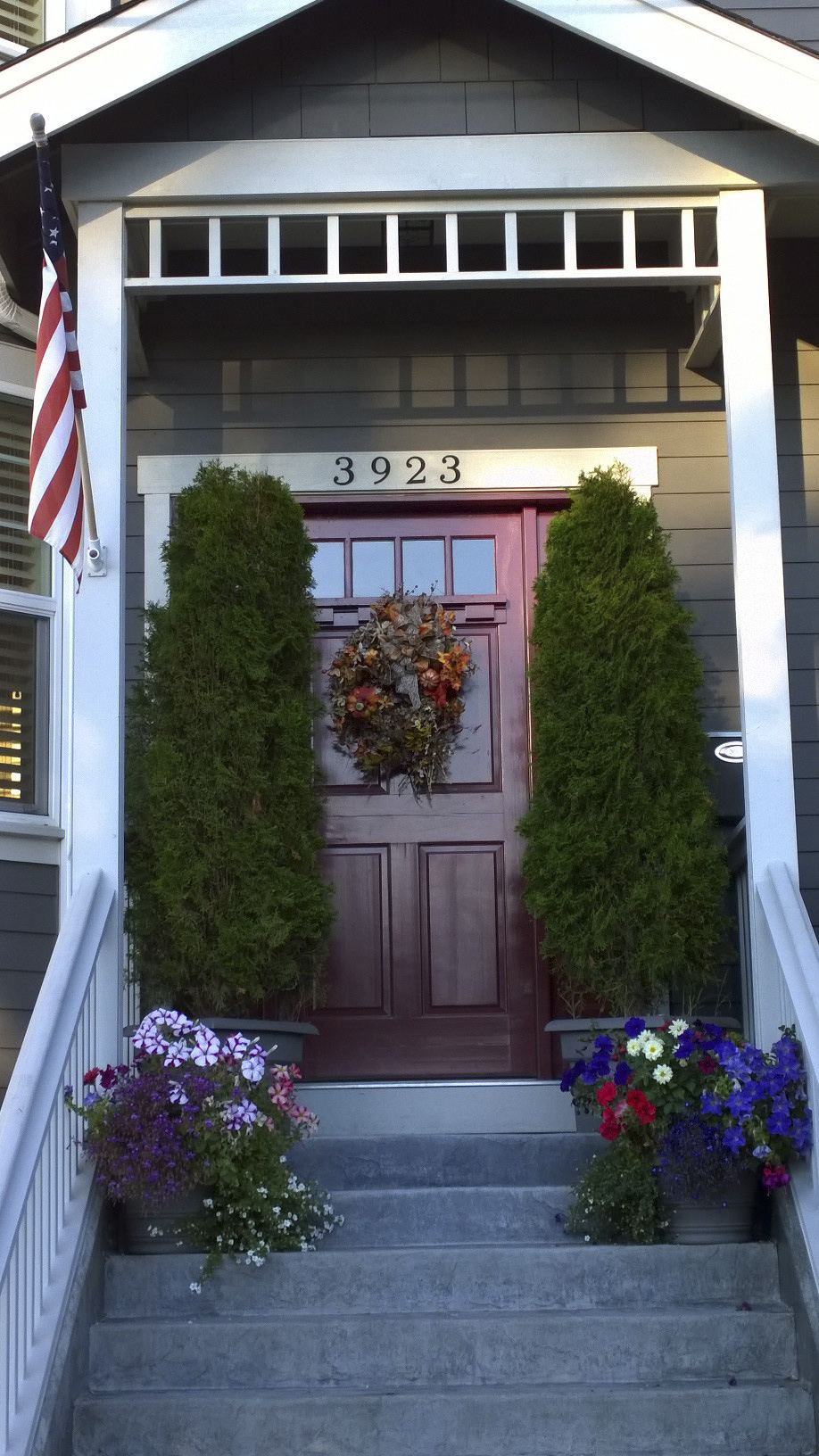By Morf Morford
Tacoma Daily Index
As a writing prompt in my college level English classes I would ask my students a very simple question – How does where you live influence or even define who you are?
Most of my students hated that question – several would just write “It doesn’t”.
After the allowed time passed, I would collect the papers and we would talk about the topic.
At least, given the usual denial and evasiveness, I would start talking about it.
Ever notice how quickly we categorize people from different neighborhoods or parts of the country?
In a local context, what is our immediate impression of someone, even if we have not even met them, when we hear that they are from Gig Harbor? Or Tacoma’s Hilltop? Or Parkland? Or Tacoma’s East Side? Or University Place?
If we are from any of those areas – or any other area defined by its stereotypes – we usually define ourselves as exceptions, and may even argue against (or weakly acknowledge) the commonly held assumptions.
How about a more precise focus on our literal housing?
What are our assumptions about who lives in an apartment? A single-family home? A double-wide?


Again, we deny or minimize the impact of our individual housing on our lives, values and social connections.
It turns out that where we live, and who we encounter on a regular basis has a huge impact on our life experiences and opportunities.
We may not recognize it, but many of our life choices are made for us because of our schools, neighbors and friends and the accidental (for better or worse) connections we make as we grow up.
There are a thousand reasons for homelessness from fire to domestic abuse to neighborhood renewal projects or health related problems, but the end result is the same – a sense of dislocation and disorientation like no other.
The term “affordable” is part of a formula presuming a stable income and middle class lifestyle.
To put it mildly, life does not always proceed on a predictable schedule.
As I mentioned, my students did not like that question, but it made them think. Most adults don’t like that question either, but perhaps if we really thought about it, we might have more productive and durable housing policies that we could all live with.








